|
How many times have you heard an adult say they are no good at math or that they hate math? So many times, it isn't that they weren't capable, but that they were never really shown how to do it with real world applications or with understanding. They were just taught algorithms and formulas and didn't see why they needed them. The way math is taught now is very different, or at least it should be. I am a strong believer in making sure that things make sense so that they can be applied to other situations. What might seem straight forward or clear to one person might make no sense at all to another person. Just think about the different ways math is used. It isn't just adding, subtracting, multiplying and dividing numbers. It is also measurement, geometry, coordinates, graphing, statistics, just to mention a few. Some people are really good at numbers and calculations, while others have great spatial awareness, and some can solve puzzles while others struggle to see the relationships between shapes and designs. Math has it own language as well. This can be confusing for some people. Word problems are very hard for some people to figure out. Over the years, i discovered that it is necessary to go back to the basics and make sure that the building blocks are in place before attempting more complex or abstract concepts. When I was working with intermediate students in small groups, I found that many of them didn't know their basic facts and they struggled with addition and subtraction strategies. This made multiplication and division almost impossible for them to do well. I took them back to the basics and in time they were doing much of the work covered in class with some proficiency. They still needed extra support, but it was starting to make sense to them. They even started to enjoy math instead of dreading it. You can find out more about ways to help kids improve in this blog post. Practicing math skills during the summer will go a long way in helping to maintain skills for the new year. There are plenty of fun and engaging activities you can plan for kids during the summer that incorporate math and keep them learning. Here are some ideas: Math themed scavenger huntCreate a scavenger hunt where kids have to solve math problems or puzzles to find hidden objects or clues. You can design it around a specific math concept, like geometry or fractions, and hide clues or objects that reinforce those concepts. Cooking and baking Involve kids in cooking and baking activities that require them to use measurements, conversions, and fractions. Encourage them to follow recipes, measure ingredients, and calculate serving sizes. They can also explore the concept of ratios by experimenting with different ingredient proportions. Outdoor measurement explorationTake advantage of the outdoors to explore measurement concepts. Have kids measure the height of trees, the length of their shadows at different times of the day, or the circumference of various objects using a measuring tape or ruler. They can record their findings and compare measurements. Math board gamesIntroduce kids to math-focused board games or card games that involve strategic thinking and problem-solving. Games like Monopoly, Set, or Sudoku can help improve their math skills while having fun. Math art projectsCombine math and art by engaging kids in geometric art projects. They can create symmetrical designs, tessellations, or use grids to draw patterns. This allows them to explore concepts like symmetry, shapes, and angles while expressing their creativity. Math related craftsEncourage kids to engage in crafts that involve math concepts. For example, they can create paper origami shapes, construct 3D models using geometric shapes, or design and build structures using various materials. These activities promote spatial reasoning and critical thinking skills. Math apps and online gamesUtilize educational math apps and online games that provide interactive learning experiences. There are numerous apps and websites available that offer math games, puzzles, and quizzes suitable for different age groups. Math journalingHave kids maintain a math journal where they can record and explore math concepts they encounter in their daily lives. They can write about real-life applications of math, solve problems, or illustrate concepts. This encourages reflection and critical thinking. By integrating math into summer activities, you can help children strengthen their math skills while having a great time. Related PostsComments are closed.
|
About Me Charlene Sequeira
I am a wife, mother of 4, grandmother of 9, and a retired primary and music teacher. I love working with kids and continue to volunteer at school and teach ukulele. Categories
All
|
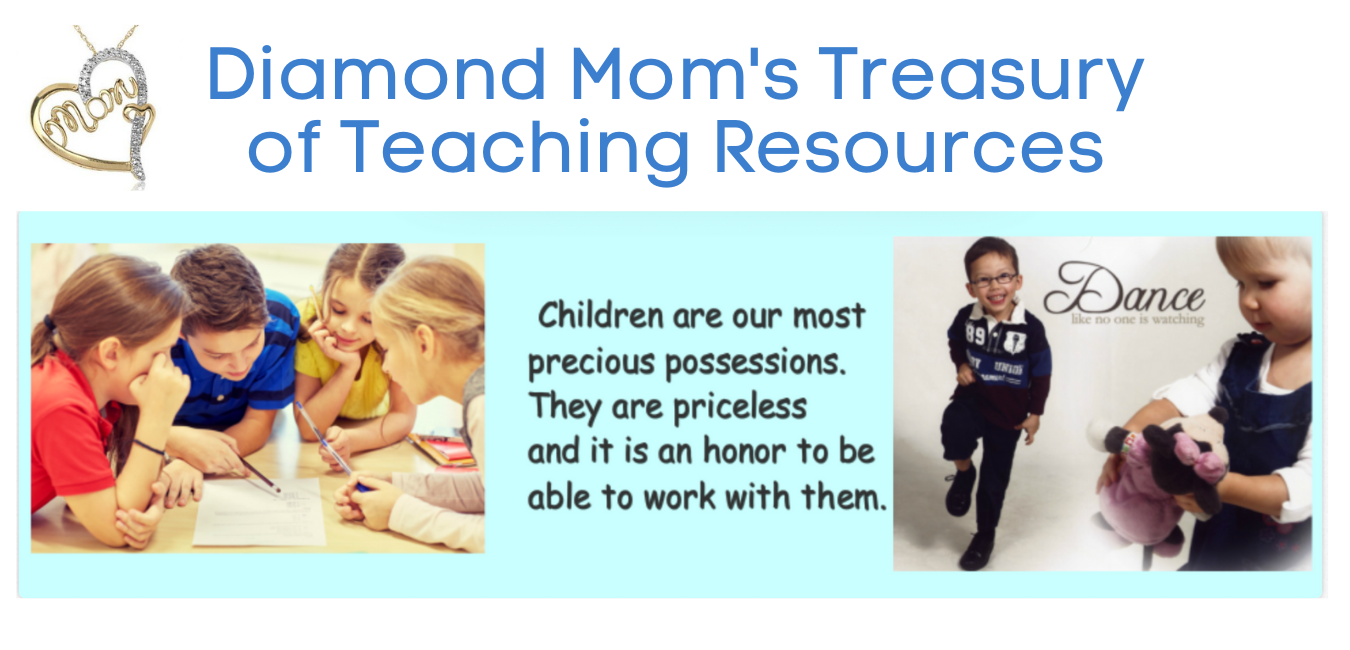
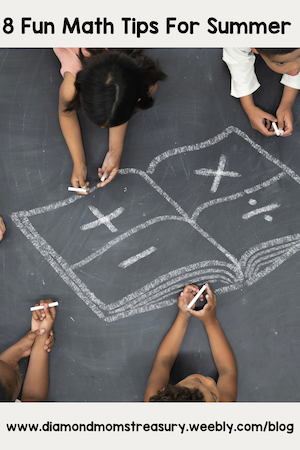
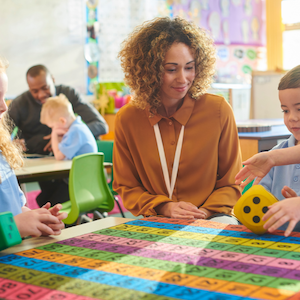
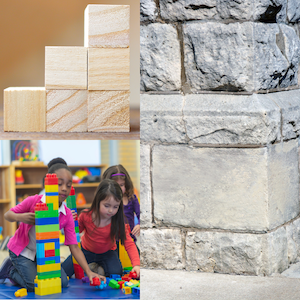
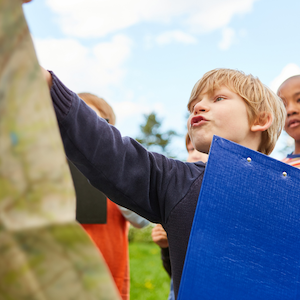

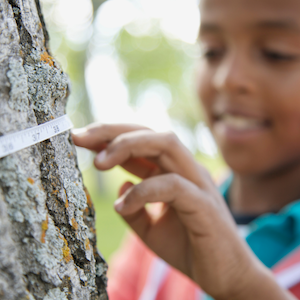
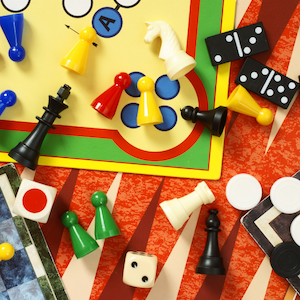
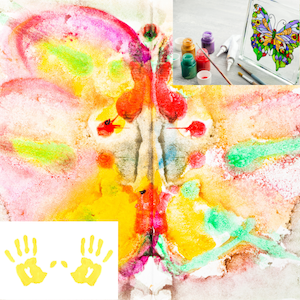
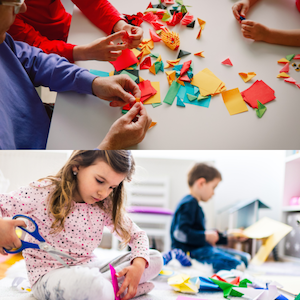
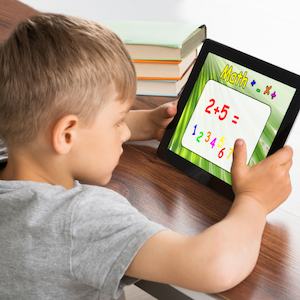
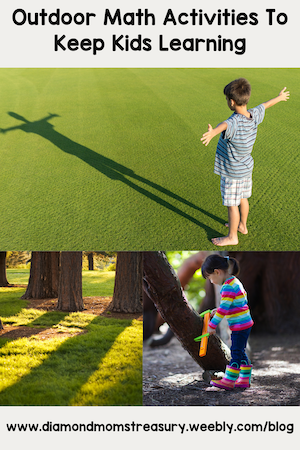

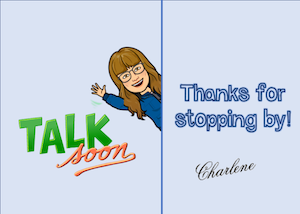
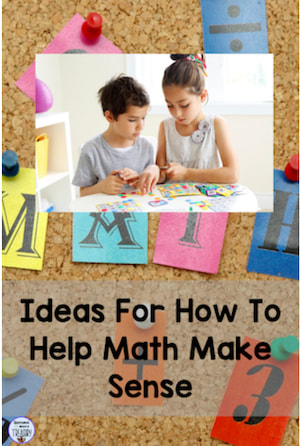
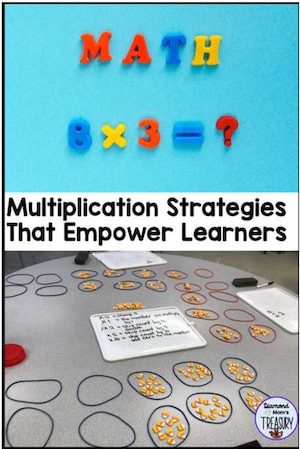



 RSS Feed
RSS Feed